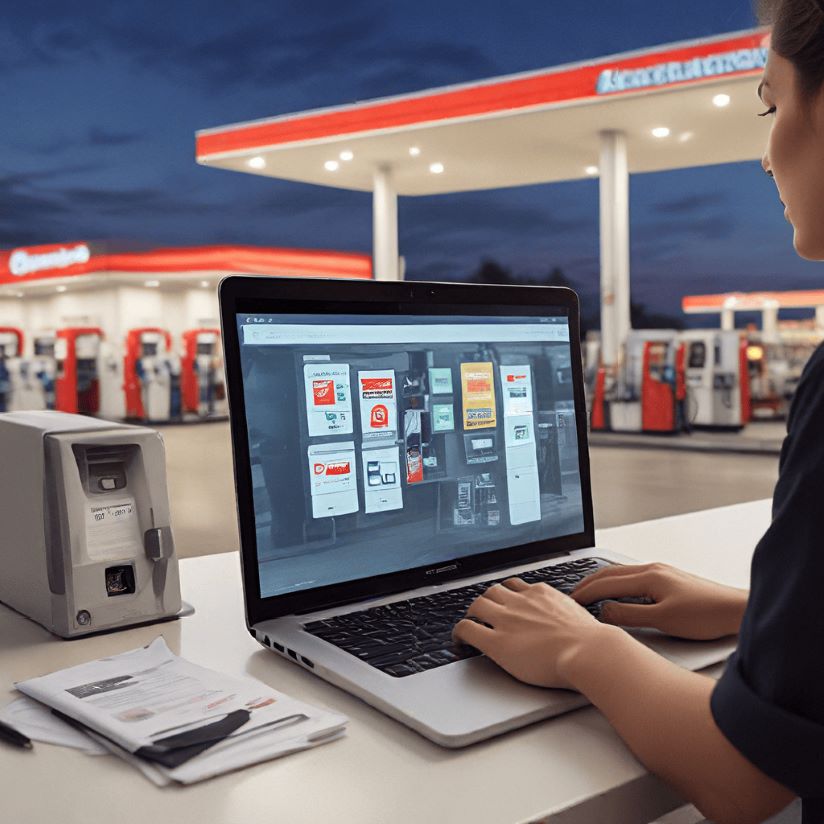Fueling Security: How VPNs Protect Digital Insights in the Fuel Industry

The fuel industry is more digital than ever. From tracking fuel prices and managing supply chains to discussing industry trends and regulatory updates, online platforms have become essential tools for professionals and enthusiasts alike. Amid this digital evolution, ensuring that sensitive information remains secure is crucial. This is where Virtual Private Networks (VPNs) come into play. Check out the best VPNs Reddit.
VPNs, or Virtual Private Networks, are a technology designed to enhance online privacy and security. By encrypting your internet connection and masking your IP address, VPNs help protect your personal and business data from unauthorized access. As the fuel industry increasingly relies on digital tools and platforms, integrating VPNs into your cybersecurity strategy can offer significant benefits.
Why VPNs Are Vital for the Fuel Industry
- Protecting Sensitive Data
The fuel industry handles many sensitive information, including pricing data, supply chain details, and regulatory compliance documents. This information is often exchanged through online platforms and emails, making it vulnerable to cyberattacks. VPNs encrypt this data, ensuring that it remains unreadable to unauthorized parties even if it is intercepted. This encryption protects trade secrets, financial transactions, and proprietary data.
- Securing Remote Access
With the rise of remote work and mobile management, fuel industry professionals frequently access critical systems from various locations. Whether it’s a field engineer checking data from a remote site or an executive accessing confidential reports from a coffee shop, VPNs ensure that these connections are secure. By routing data through a private server, VPNs provide a secure channel for accessing company resources, reducing the risk of data breaches.
- Safeguarding Industry Communications
Online forums, industry blogs, and email communications are essential for discussing fuel trends, regulatory changes, and market analyses. However, cybercriminals can target these communications to exploit sensitive information. VPNs offer a layer of protection by masking your IP address and encrypting your internet traffic, thus keeping your discussions and online interactions private.
- Accessing Restricted Resources
The fuel industry frequently encounters data and resources that are limited to certain regions. For instance, regulatory changes or market analysis may be accessible only within specific geographic areas. VPNs help users overcome these limitations by hiding their IP addresses, making it seem like they are browsing from a different location. This capability is especially valuable for gaining access to international market intelligence or industry-specific information that may otherwise be unavailable.
How VPNs Benefit Fuel Industry Professionals
- Enhanced Data Security
For professionals in the fuel industry, maintaining the confidentiality of data is paramount. VPNs offer a robust solution by encrypting data transmitted over the internet. This encryption helps protect against various cyber threats, including man-in-the-middle attacks and data sniffing, which are particularly relevant in an industry where data breaches can have significant financial and reputational consequences.
- Safe Transactions
Fuel transactions, whether they involve purchasing fuel, negotiating contracts, or managing financial transactions, often require exchanging sensitive information. VPNs secure these transactions by encrypting data and ensuring that it is transmitted through a secure channel. This reduces the risk of fraud and financial theft, safeguarding both individual and business interests.
- Improved Privacy
The fuel industry is subject to extensive regulation and scrutiny. VPNs enhance privacy by preventing unauthorized tracking of your online activities. This is particularly important when conducting market research or accessing competitive intelligence, as it helps avoid potential leaks of sensitive information.
- Protection Against Surveillance
Government and corporate surveillance can concern fuel industry professionals, especially when dealing with sensitive or controversial topics. VPNs help shield your online activities from surveillance by encrypting your internet traffic and masking your IP address. This ensures that your online actions remain private, even in a highly regulated industry.
Choosing the Right VPN for the Fuel Industry
When selecting a VPN for use in the fuel industry, consider the following factors:
- Encryption Protocols: Choose a VPN that uses robust encryption, like AES-256, to guarantee maximum security for your data.
- Server Locations: Choose a VPN with a wide range of server locations to ensure access to global resources and bypass regional restrictions.
- Speed and Performance: The VPN should offer high-speed connections to avoid disruptions when accessing or transmitting data.
- Reliability and Support: Opt for a VPN provider with a good reputation for reliability and customer support to address any issues that may arise.
- Compatibility: Ensure that the VPN is compatible with the devices and systems used in your industry to facilitate seamless integration.
Conclusion
Integrating VPN technology can significantly enhance data security, privacy, and overall operational efficiency in an industry as crucial and data-intensive as fuel. VPNs provide a vital layer of protection in the digital age by encrypting internet connections, securing remote access, and protecting sensitive communications. As the fuel industry continues to evolve and embrace digital solutions, VPNs will play an increasingly important role in safeguarding valuable information and ensuring secure online interactions.
